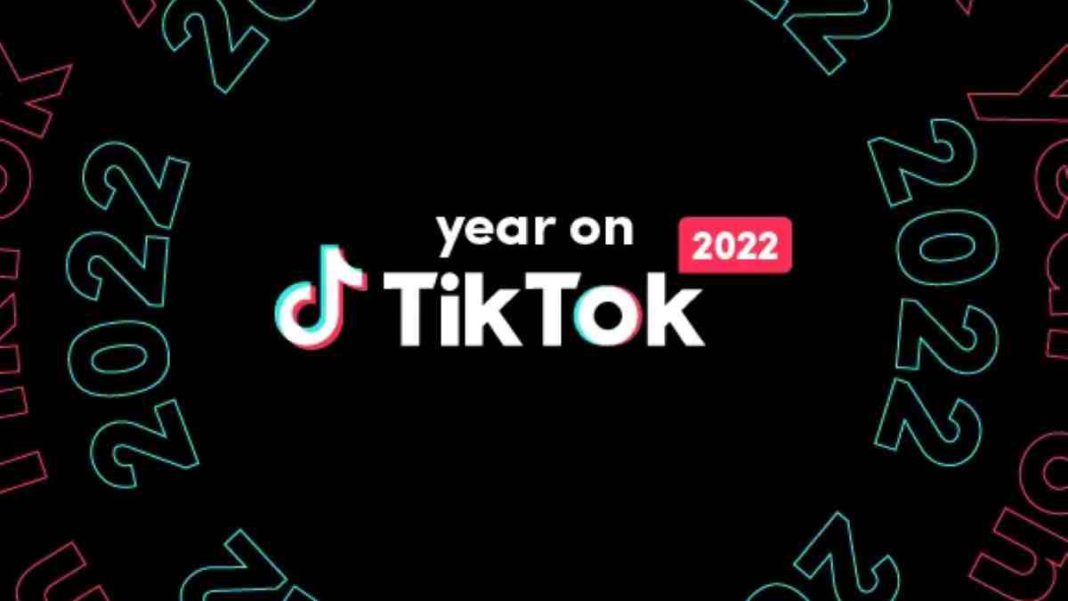IRELAND: European regulators have delivered a resounding message to social media giant TikTok, imposing a staggering $368 million fine for severe lapses in safeguarding children’s privacy. This landmark penalty marks the first time the immensely popular video-sharing platform has faced consequences for violating the European Union’s stringent data privacy regulations.
Ireland’s Data Protection Commission, the premier privacy regulator in charge of major tech companies with their headquarters in Dublin, imposed the fine. Their exhaustive investigation uncovered significant deficiencies in shielding the privacy of minors.
A critical revelation was that default settings for adolescent accounts left them accessible to the public, granting unrestricted entry for viewers and commentators alike.
Additionally, the “family pairing” feature, designed to empower parents to manage their children’s account settings, was found to be inadequately stringent. This loophole enabled adults to activate direct messaging for users aged 16 and 17 without their explicit consent, potentially compromising their privacy.
The platform was also found to subtly steer teenage users towards more “privacy intrusive” options during both the sign-up and video posting processes.
TikTok, however, contested the regulatory ruling. The company contended that many of the features and settings criticised by the regulator had already been rectified before the commencement of the investigation in 2021. They emphasized that accounts for users under 16 had been made private by default, and direct messaging for users aged 13–15 had been disabled.
Elaine Fox, TikTok’s head of privacy for Europe, asserted in a blog post that “most of the decision’s criticisms are no longer relevant as a result of measures we introduced at the start of 2021.”
This recent fine is not the first instance of TikTok facing financial penalties over data protection concerns. Earlier this year, UK data privacy regulators imposed a £12.7 million ($15.7 million) fine on TikTok for mishandling children’s data and breaching protections for young users’ personal information.
Also Read: TikTok Ban in State of Montana Prompts the App to File a Lawsuit



